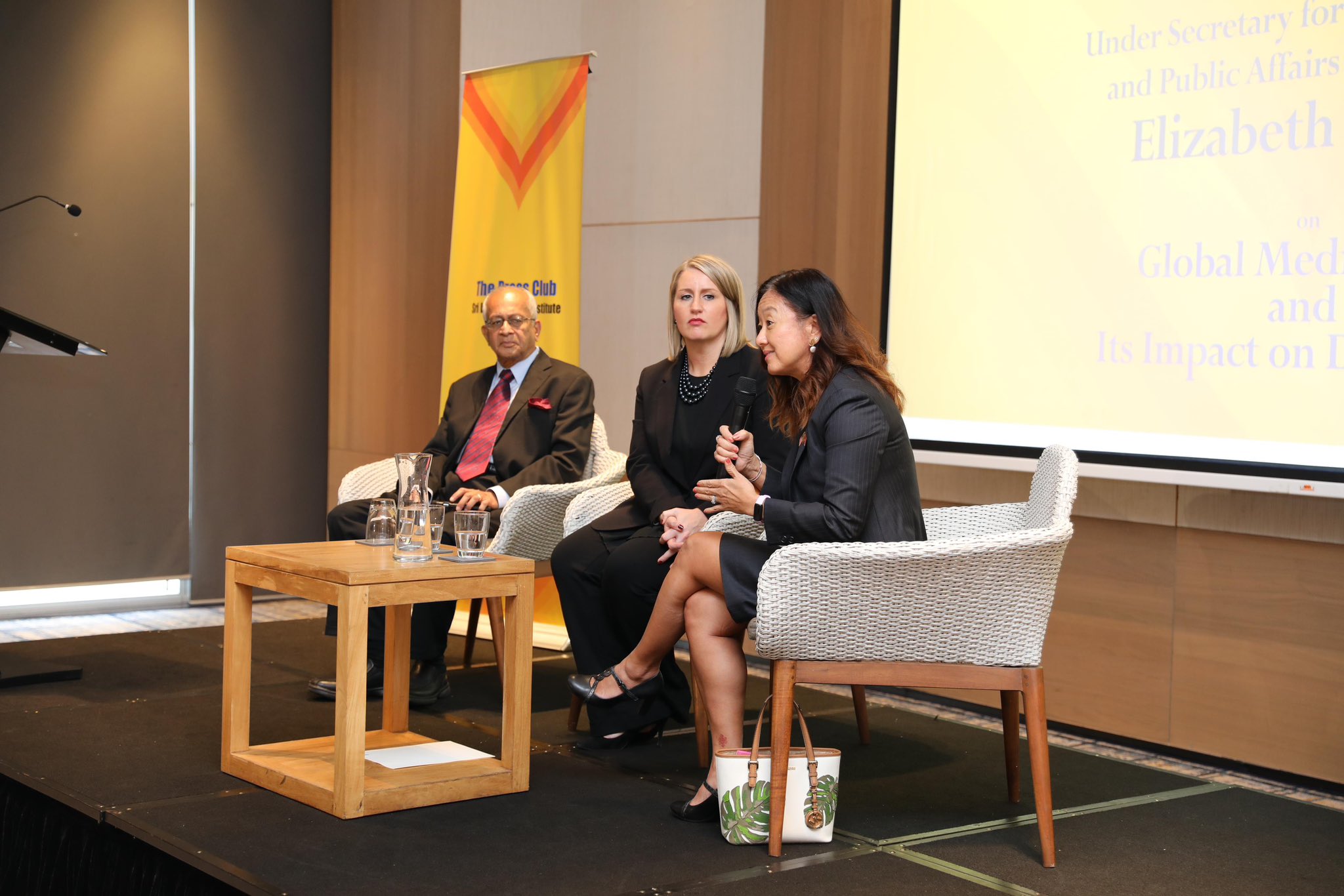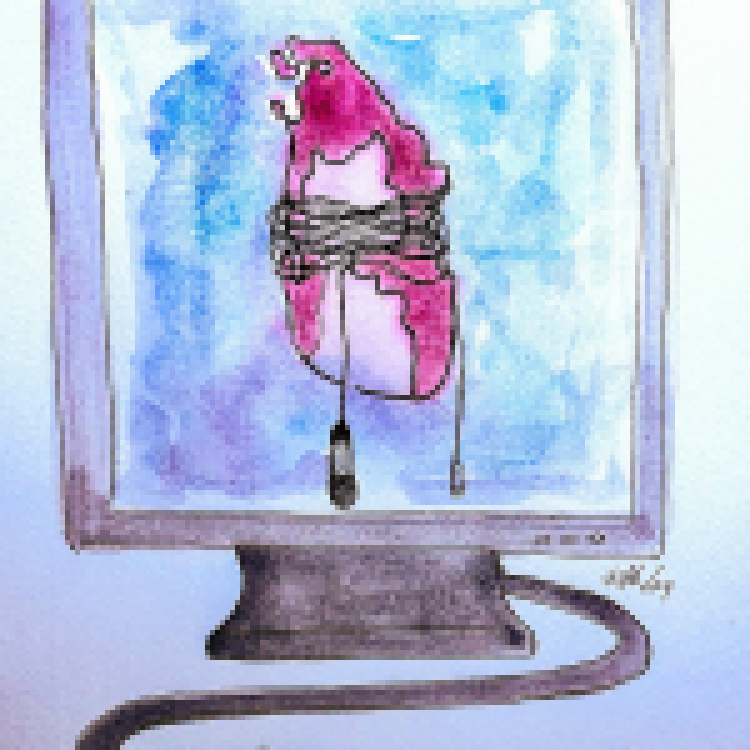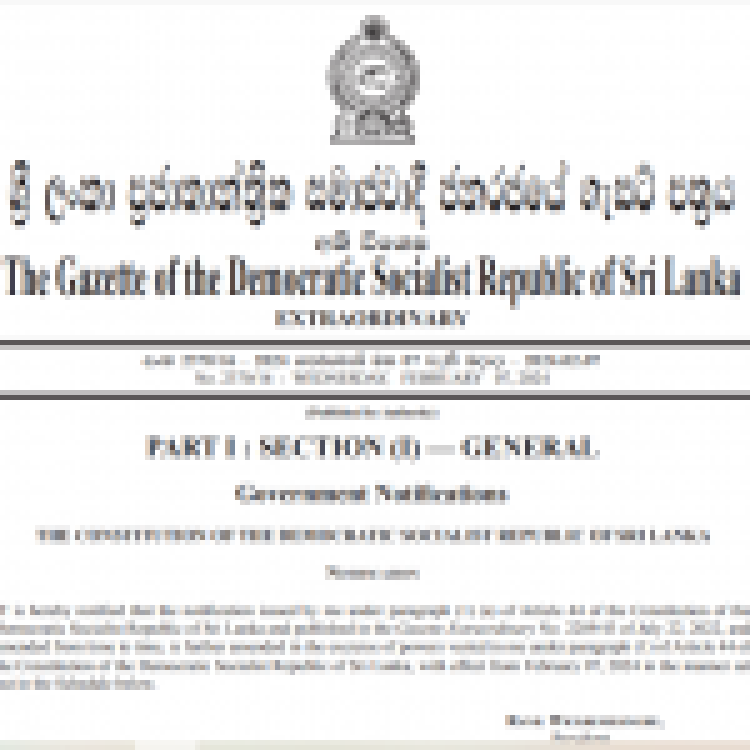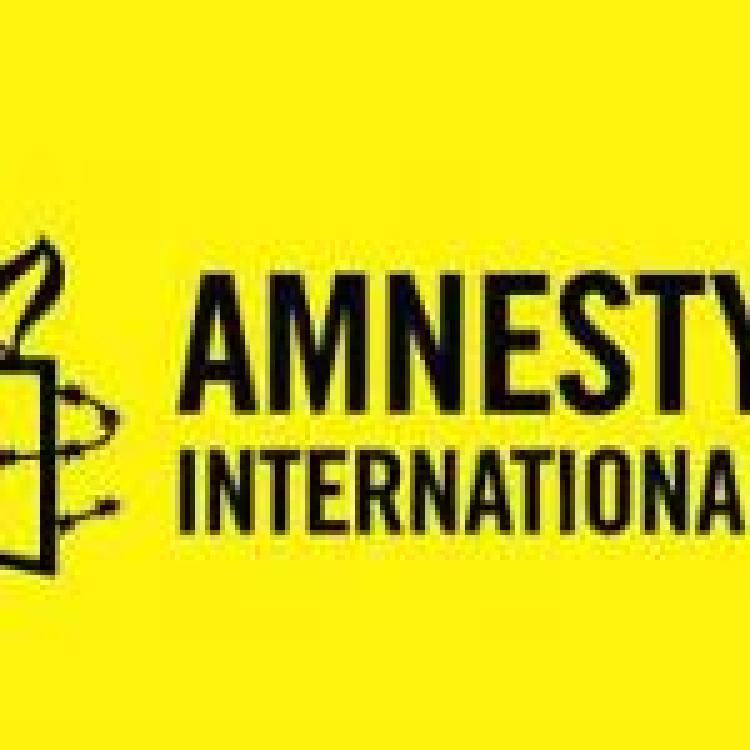Senior US officials, including the head of USAID, the Under Secretary of State for Public Diplomacy and the US Ambassador to Sri Lanka aired their concerns on Sri Lanka’s Online Safety Bill this week, a piece of legislation that has come under criticism for threatening freedom of expression online.
USAID administrator Samantha Power raised the issue with Sri Lanka’s president Ranil Wickremesinghe in a phone call, where an official press release said, “Administrator Power highlighted strong U.S. support for freedom of expression and association, and encouraged President Wickremesinghe to address concerns about the potential impact of the Online Safety Act on freedom of expression, as well as investment in Sri Lanka’s vibrant digital economy”.
At an event organised by the Sri Lanka Press Institute this week, which hosted the Under Secretary of State for Public Diplomacy Elizabeth Allen, US Ambassador Julie Chung remarked the process of drafting the Bill is “deeply flawed.”
“It goes down to three categories, process, intent and implementation. The process which many see as deeply flawed, the intent which is supposedly to combat pornography online, the broad definition is concerning,” she told the audience. “We are yet to see how it will be implemented and how the amendment process. Once implemented will it truly do what it is intended to? Or will it have a chilling effect?”
ONLINE SAFETY DEBACLE : Listen to Citizens Over Online Safety Bill ; US Ambassador tells Government#newsfirst #SLNews #NewsSL #SriLanka #SL #lka #News1st #colombonews pic.twitter.com/edlZjYAoWA
— Newsfirst.lk Sri Lanka (@NewsfirstSL) February 19, 2024
Meanwhile, the Under Secretary of State for Public Diplomacy Elizabeth Allen in her remarks said that “the United States stands firmly for the freedom of expression, advocating for press freedom both online and offline, and ensuring the safety of journalists and media workers worldwide. Unfortunately, these essential freedoms are under threat globally, including concerns raised here in Sri Lanka.”
Notably, when Sri Lanka’s Parliament passed the Online Safety Bill in January, the United States voiced concerns over its potential effects on freedom of expression, innovation, and privacy, she said.
She told the audience of journalists that the media’s bias should lean towards the public’s interest, acting as a guardian to ensure that leaders fulfill their duties. “Overly broad and ambiguous limitations on expression can choke creativity, robbing society of potential advancements that fuel innovation and economic growth. A climate of censorship not only stifles innovation but also dampens the community’s spirit to solve pressing issues with novel solutions.”
Their remarks came as Sri Lanka’s cabinet of ministers approved a proposal to formulate a draft amendment bill to incorporate revisions that have emanated through discussions to the controversial Online Safety Act.
On Tuesday this week, a statement from the Government Information Department said that the Cabinet has approved “a resolution furnished by the Minister of Public Security to direct the legal draftsman to prepare a draft bill for amending the Online Safety Act based on revisions.”





